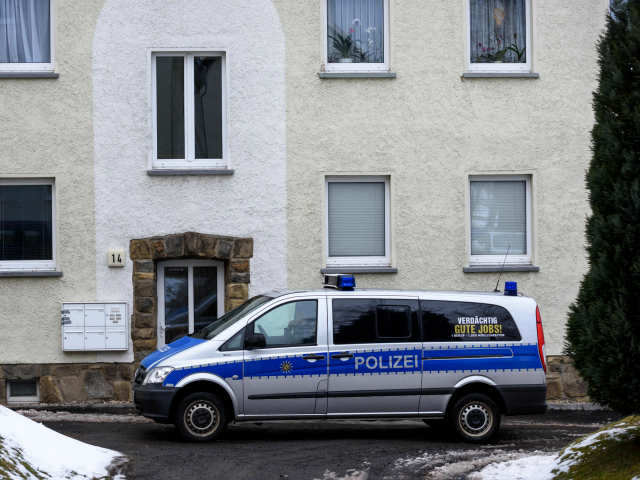Police in Austria have begun visiting asylum homes across the country to check for signs of radicalisation among the residents to prevent potential future terror attacks.
Colonel Friedrich Kovar is head of a twelve-man task force which enters asylum homes to check for early warning signs of Islamic radicalisation and potential links to terrorist groups among asylum seekers in Austria.
The “early warning system” is a new scheme by the Austrian Home Office to root out potential Islamic radicals and Islamic State fighters living in asylum homes. The programme has received criticism, but many justify the programme after it was revealed that the Ansbach failed suicide bomber was also an asylum seeker, reports Kurier.
Colonel Kovar breaks down the practice of the team, saying that they first speak to the staff at the asylum homes to see if any persons posing potential risks have been identified. After talking with social workers and others, they proceed to engage directly with any migrants who have been flagged for risk, visiting them every other day. This way, Mr. Kovar says, the police are able to get a feel for the people they are interacting with and the various situations going on at the location.
According to Mr. Kovar, the task force doesn’t just handle potential terrorist offences; due to their proximity to the asylum homes they are better able to deal with other offences that plague the homes including drug abuse, sexual assaults, and violence. “Since we are close to the daily events, we also recognise the potential problem cases faster,” he said, and stressed that most investigations revolved around migrants, like the bomber in Ansbach, whose asylum applications have been rejected.
The early warning system has already had some success in the region of Tyrol where officers were able to arrest three migrants who are suspected of joining radical Islamist groups, though no evidence linked them to the Islamic State specifically.
Karl-Heinz Grundböck, a spokesman for the Austrian Interior Ministry, warned about potential public reaction regarding the programme saying: “Not everyone who has received a negative asylum decision is a terrorist or gunman. There must be no suspicion.”
His words echo those of German Deputy government spokeswoman Ulrike Demmer, who said: “Most terrorists who have committed attacks in recent months in Europe were not refugees,” after it was revealed that the Ansbach bomber was an asylum seeker.
The German Interior Ministry, while calling for Germans not to suspect migrants of being linked to terror, was forced to admit that at least 59 migrants were currently under investigation for terrorism links and they estimated over 500 migrants could have connections to Islamist organisations.
Earlier this year police and intelligence agencies were shocked at the size of Islamic State terror cells operating in Europe, and European police agency Europol has warned that more terror attacks will likely happen in the near future.

COMMENTS
Please let us know if you're having issues with commenting.